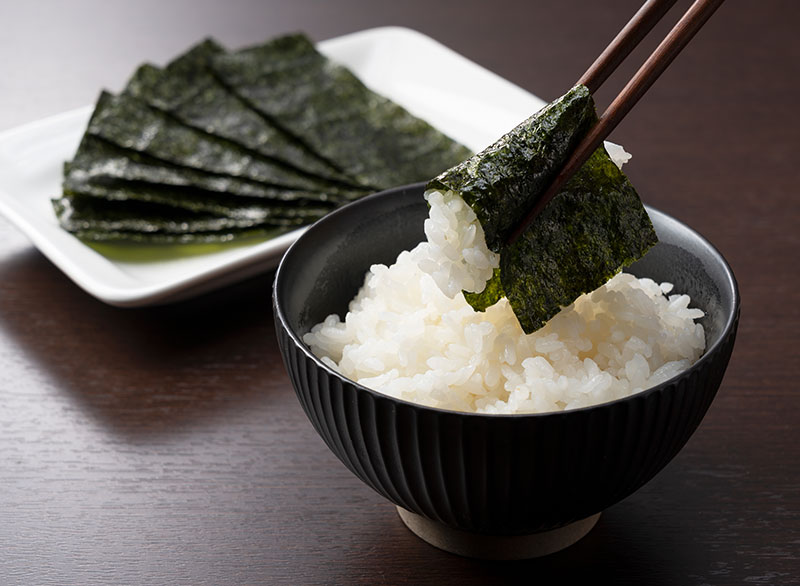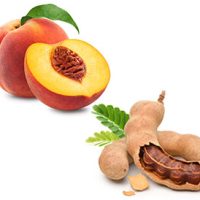The Natural & Organics Show (NOPEX) will be taking centre stage once more at…

Positive Outlook for 2021 Food Industry Trends
Food professionals from all sectors of the global food and beverage industry have relished the chance to share some upbeat news on the raft of exciting food and beverage trends expected to make an impact in 2021 and beyond.
All around the world, lockdowns and restrictions caused by Covid-19 have propelled consumers into rethinking their management of everyday tasks previously taken for granted. Online food shopping has come to be regarded as the ‘new normal’ and with restaurant closures, supermarket shortages and unprecedented time spent at home, the emphasis on quality ingredients to create memorable mealtimes has assumed more importance than ever before.
These findings are borne out by Waitrose, whose recent survey confirmed that over half the respondents now plan their meals more carefully and that an even larger percentage saw home cooking as providing a break when working from home. Store cupboard essentials from Asia were the fastest growing of Waitrose’s Cooks’ Ingredients range with Mirin Rice Wine, Chinese Rice Vinegar and Japanese Rice Vinegar all seeing big gains. Seaweed is singled out as a top trend for 2021, recommended as an incredibly versatile ingredient, as well as its nutritional value. As Waitrose executive director, James Bailey observed: ‘Our daily rituals, our attitudes towards supermarkets and the way we shop have been fundamentally reshaped by the pandemic’.

Plant based convenience foods look certain to remain on trend throughout 2021, with many and varied delicious products projected to satisfy growing consumer demand for this category. The Green Seed Group says carob powder will make a comeback in snack bars, syrups, ready to drink beverages and coffee. Chickpeas in recognisable and new formats are also forecast to retain a high profile, with the canned chickpea liquid known as aquafaba creating an egg or milk replacement for innovative ranges of vegan meringues, macaroons and ice-creams. These and other adaptations of high protein chickpeas are projected to drive the global chickpea market to a compound annual growth rate of 4.8% between 2020-2025.

Cooking oils ranked highly on Whole Foods’ published predictions for 2021, including the distinctive nutty flavour of walnut and pumpkin seed oil and associated medicinal benefits. Food trend forecaster, Elizabeth Moskow predicted that the more commonly used olive oil will continue its popularity with healthy-eaters, commenting, ‘we are going to start seeing infusions of olive oil on plates, as well as chips and snacks that use olive oil’. This further reflects a body of scientific opinion that the properties found in extra-virgin olive oil, Elenolide and Tyrosol, help to lower blood pressure and fight other harmful conditions.
The global spotlight on healthy eating priorities is also expected to pave the way for new sugar technologies, together with proven sugar substitutes like allulose, becoming mainstream. This comes as over three in four Americans surveyed admitted they had gained up to 16 pounds in isolation and that this could be attributed to diet, as well as inconsistent routines, lower activity levels and stress resulting from Covid-19. Allulose has started to expand into multiple formats, including liquid syrups and crystal and is also compatible with the popular ketogenic diet. In further developments, meal replacement brand, Soylent recently reformulated its range of drinks to include allulose.
In this heightened health-conscious climate, consumers are increasingly seeking food products with immune-boosting ingredients which support personal health and wellbeing. Described as the ‘global functional food market’, food brands have been quick to create foods which promise improved cognitive function, adjusted energy levels and mood and balanced hormone levels to maintain physical and mental wellbeing. Global food and drink analyst at Mintel, Sam Moore, commented: ‘Customers will soon be able to gain an in-depth knowledge of their biology through personal health testing kits that will empower them to personalise their diets and health regimes’.

When it comes to consumer drinking preferences, it is thought that a middle-ground will develop which bridges the gap between tee-total and alcohol consumption, the alcoholic variety of kombucha known as ‘hard kombucha’ being a case in point. As access to many drinking establishments remains restricted, home-based consumers will expect the drinks they buy to deliver a more exotic, flavoursome and uplifting experience. Separately, the trend for cannabinoids in beverages, snacks and other foods shows no sign of abating and South American grown, Copaiba, with similar therapeutic benefits to CBD, should also be available in 2021. Indeed KLBD certifies quite a few ingredient suppliers for copaiba oil.
Meal kits, food delivery and other entrepreneurial strategies seem destined to stay in the limelight, as restaurateurs forced to close their doors during lockdown, look to innovative ideas to keep their businesses afloat. Some say that 2021 will become the year chefs seek to bring the exclusive restaurant experience to life at home, hosting virtual cooking classes to accompany chef food boxes to maximise a sense of occasion. In the work place, vending machines will provide greater varieties of ‘food to go’ snacks and ‘smart microwave’ facilities will read a barcode and automatically prepare food.
The concept of smart packaging, allowing brands to design and tell a story without the need for physical change, is described as a ‘digital bridge’ between manufacturers, retailers and social media and expected to revolutionise the way consumers interact with products. Technological advances also include recognition by brands that to keep pace with consumer shopping preferences online, they can glean information from checking commonly searched topics around a product name. In other developments, the ‘upcycling’ trend for ingredients using verifiable supply chains, which would not otherwise have gone to human consumption, will tackle food waste and have a positive impact on the environment.
The global health crisis has wreaked upheaval and devastation on the food and beverage industry in every corner of the globe. Food professionals have struggled to find creative solutions to unprecedented problems which have beset them, but at last there is genuine optimism that 2021 will mark a turning point in the fortunes of all sectors.




